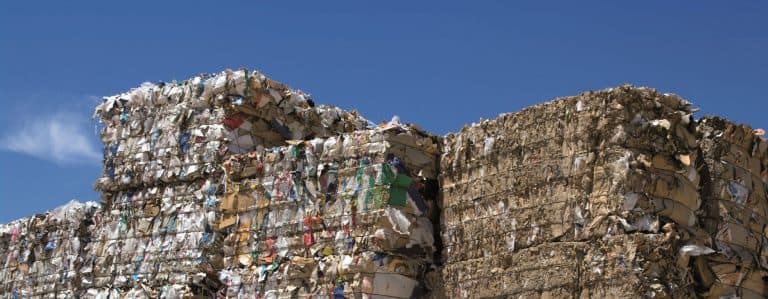
Provisional data indicates UK businesses generate 32.2 million tonnes of waste each year. This is significantly less, in fact, 10 million tonnes less than 2012. Does this indicate green shoots of change in the way we think about waste? Maybe businesses are understanding the value of their waste ensuring they profit from the reduced waste they produce? Or has social conscience also played its part? My guess – a combination of all three.
#1 – Benefits of changing the way we think about waste.
Waste, if managed as a resource, can lead to greater business productivity. Lean manufacturing or lean production, often simply “lean“, is a systematic method for waste minimisation. Each action, each process, each inch of storage, each waste collection or skip hire costs money (therefore increases its value).
By working collaboratively to improve the performance of the following bi-products of production, businesses greatly reduce their waste volume and waste cost.
- Defects
- Over-Production
- Waiting
- Non-Utilised Talent
- Transportation
- Inventory
- Motion
- Extra-Processing
Even if we think of waste as a physical object (a piece of paper that was printed and is now in the bin, a product packed and ready for shipping cancelled due to poor customer service, over-stocking resulting in discarded products throw in the general waste skip), better segregation of this waste has a value.
WRAP, the government programme which helps businesses improve their profits through waste reduction, estimates that businesses could on average save as much as £1,000 per employee.
#2 – Benefits of increasing the value of your waste for profit.
Until ‘zero waste’ is achieved (I’m still sitting on the fence regarding this topic), we will have waste. Fact! Build that bridge and get over it! So, why not make as much profit from it as possible. It’s important that I remind you of the 3 R’s-Reduce, ReUse, Recycle. Only when you have exhausted all three should you discard to waste.
For example: As of March 2018, the cost of baled or strapped: Aluminium cans = £950 - £1,040 per tonne Mixed plastic bottles = £10 - £6 per tonne Old Cardboard = £50 - £60 per tonne Sorted Office Waste = £170 - £177 per tonne Newspapers = £73 - £85 per tonne
To increase the value of waste, you must segregate it. It doesn’t have to be complicated, most businesses making that step to segregate their waste simply use two waste streams – DMR (Dry Mixed Recycling) and General Waste (Landfill). Some have identified ways to segregate even further, adding even more value to their waste.
ISO14001
Ineffective waste segregation could prevent a business acquiring or retaining ISO14001 leading to the loss of the potential benefits from attaining it.
- An advantage over competitors when tendering for business
- Management of environmental risks
- Compliance with individual countries environmental regulations
- Demonstrates your commitment to improving the environment
- Shows you are a responsible future-focused organisation
- Can reduce insurance cover costs
- Can increase employee engagement in the knowledge that they are working in an environmentally friendly organisation
- Can help you win and retain tenders and contracts
#3 – Benefits of embracing effective waste management into your CSR.
Many businesses still send a great deal of their waste to landfill – not only is this very harmful to the environment because of the greenhouses and methane landfill sites produce, but it is also very costly to a business with the cost per tonne in Landfill Tax currently standing at £80.
The push to ‘zero waste’ is on many corporate mission statements and 5-year plans, but no business will ever achieve this. Surely, the idea of zero waste, no waste, is an impossible task. However, the concept, the ideology behind these commitments is commendable. In addition to all the other benefits associated with better waste management, businesses could;
- enhance your business image
- improve your customer and staff satisfaction
- win and retain contracts from retail customers who have already embraced ethical waste policies
Keen to learn more?
